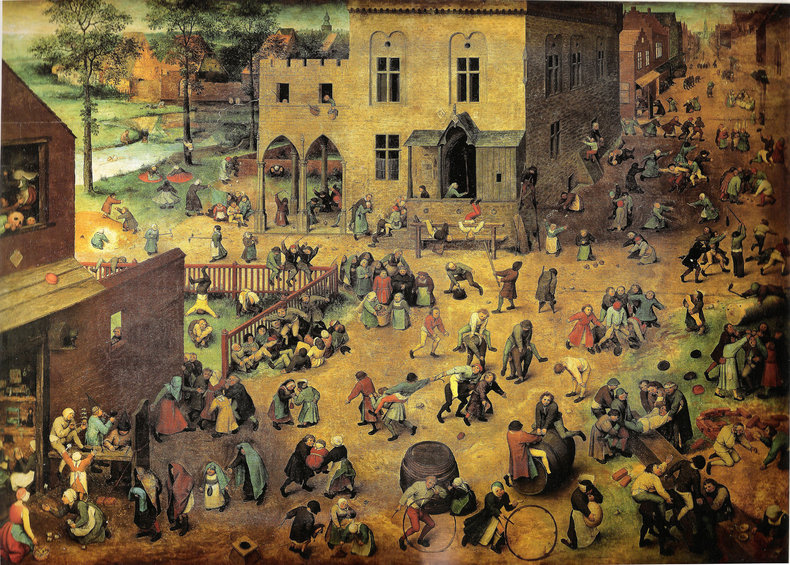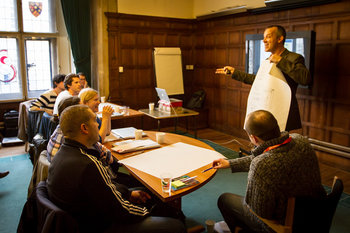
Nature
Nature is complex. At the top level, there is the information required to document the universe itself. A more manageable example is the number of genes found in DNA. It is believed that wheat has around 16 billion base pairs of DNA and humans have around 3 billion.Work & Processes
The steps required to complete work. It is common for business processes to involve duplicative steps, poor strategic choices and inefficient tools that result in far more complexity than the theoretical minimal required to achieve an objective.Rules & Procedures
Rules and procedures such as the tax code or laws of a nation. It is common for rules to be created with political processes that produce an abilene paradox. This results in needless complexity that piles up year after year until an effort is made to rationalize things.Organizations
As organizations grow they tend to add layers of middle management to their structure. The process of expanding a business is political as each executive may have incentive to hire as many middle managers as possible to enhance their own position in the organization. As such, the growth of organizations can be inefficient with overlapping responsibilities and structures of questionable value.Technology
Systems, applications, infrastructure and other technology are often far more complex than their function requires. This occurs for many reasons. For example, managers may purchase their favorite software platforms but be unable to retire older systems due to the complexity of replacing their functionality. Large organizations may operate a considerable number of unique systems with duplicative functionality and data.Knowledge & Data
Organizations often amass large repositories of documents, media and data. It is common for data and knowledge to sit unused indicating that it isn't valuable to the firm's objectives or that tools to use the information are lacking.Culture & Society
Culture and society are also remarkably complex. For example, the subtleties of a natural language such as French are such that it is a prohibitively complex task to formally document its syntax, semantics and pronunciation. This is the reason that you can't completely master a language without extensive direct experience in it. Unlike business, where efficiency is often the goal, culture need not be efficient. For example, people may delight in the complex subtleties of their languages.| Overview: Complexity | ||
Type | ||
Definition | The amount of information that it would take to fully document something. | |
Related Concepts | ||


































